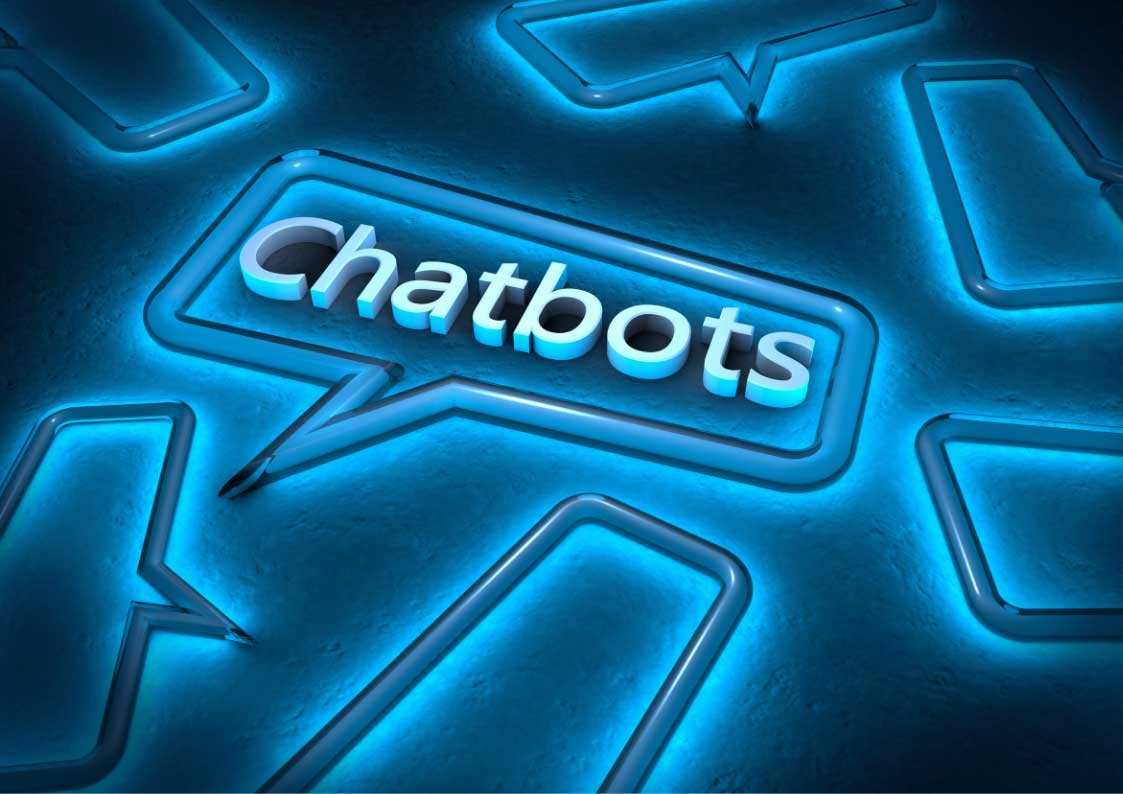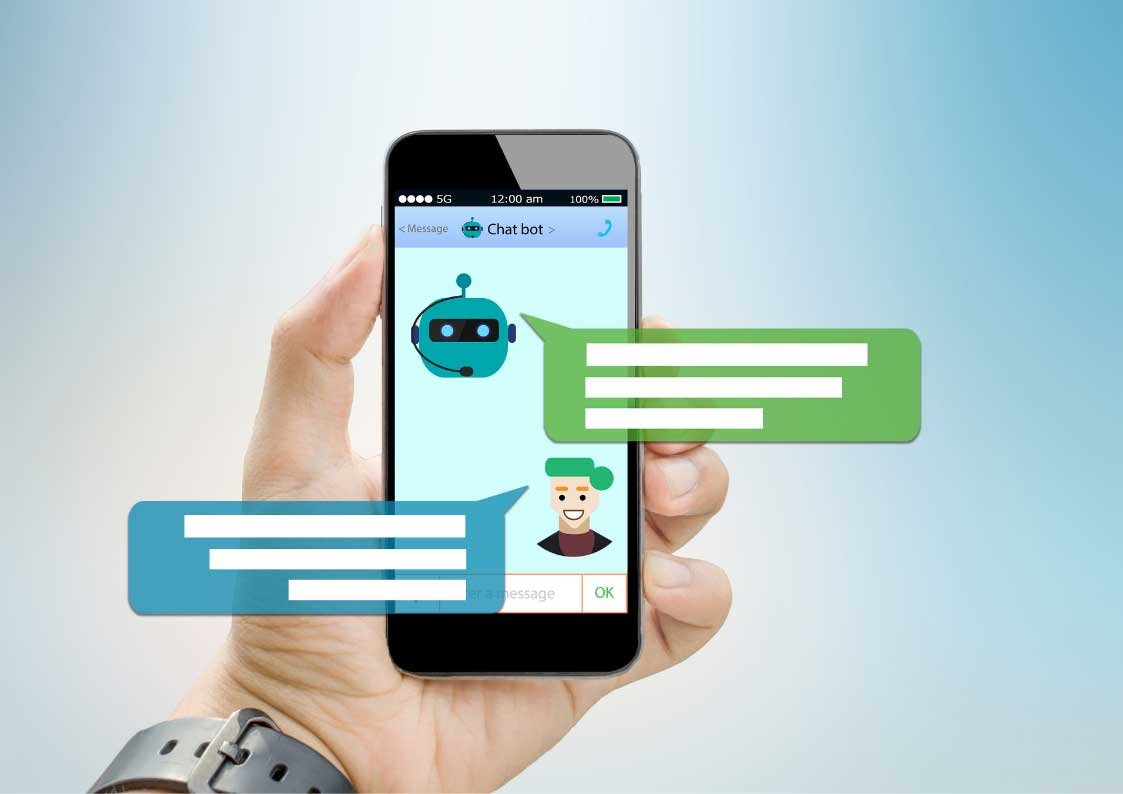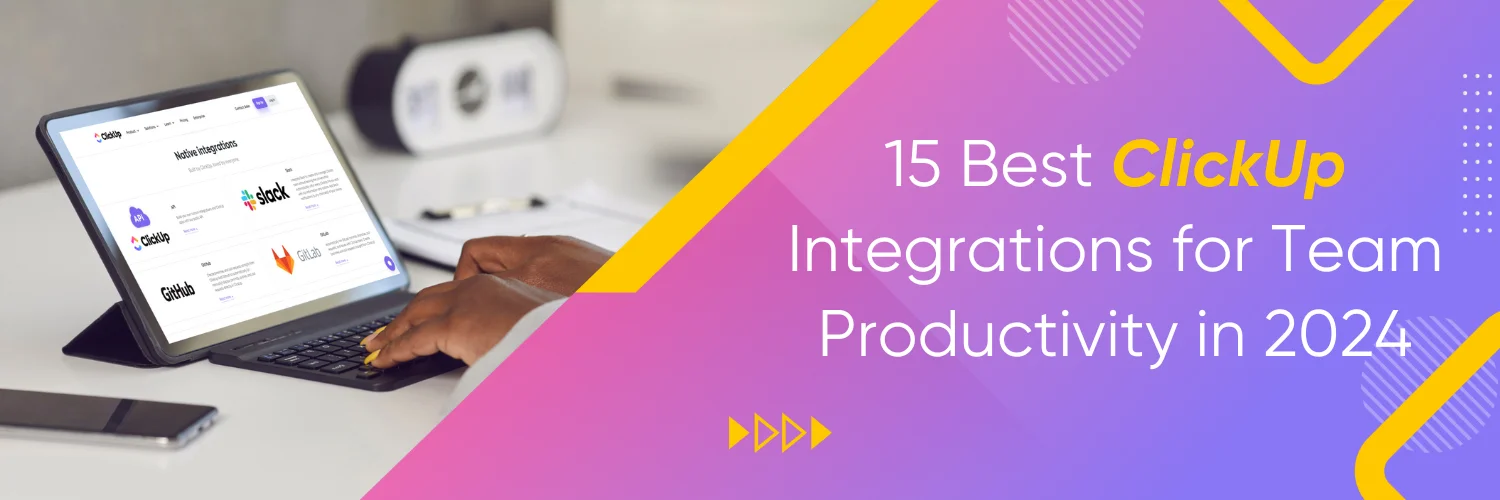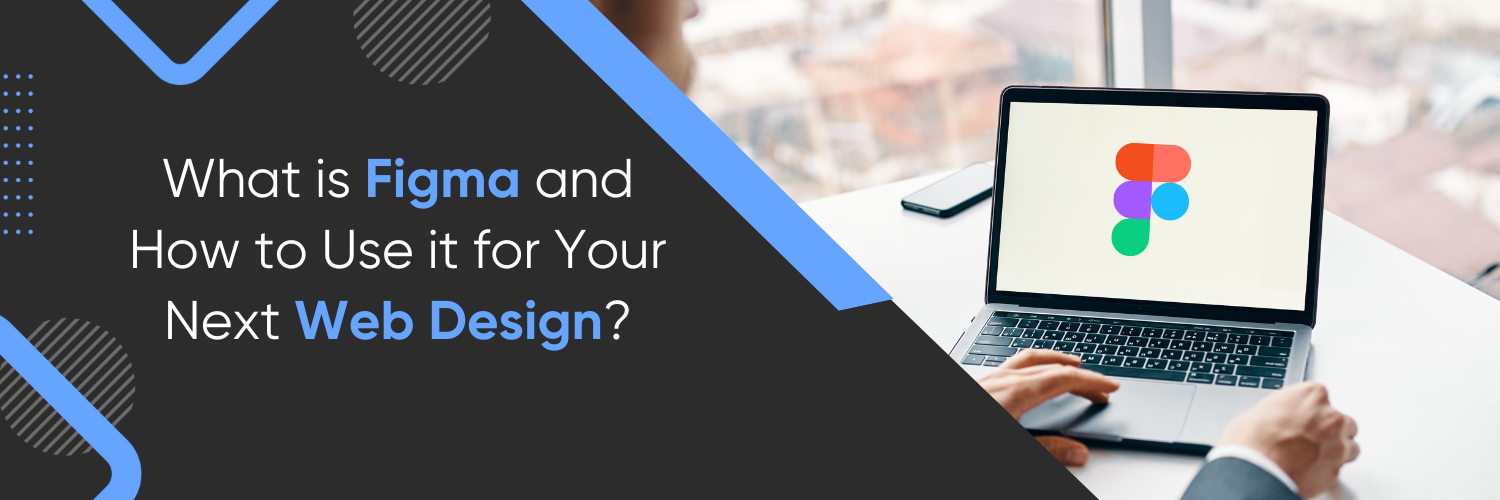What is an AI Chatbot?
An AI chatbot is a computer program that can have a conversation with a human. Chatbots are powered by natural language processing and semantics, which allow them to understand the user’s intent and respond in a relevant and helpful way.
In many cases, AI chatbots can be used to solve tickets or tasks per second. This means that they can handle a high volume of requests without becoming overwhelmed. As such, it is important to select an agent that is equipped with a powerful AI chatbot.
Best AI Chatbots for Your Needs
#1 SendPulse Chatbot Builder
SendPulse is a well-established multichannel marketing automation platform that caters to small and mid-sized businesses looking to streamline their marketing processes.
The platform is considered to have the most versatile chatbot builder tool on the market as it allows to design chatbots for WhatsApp, Instagram, Facebook, Telegram, and Viber. On top of this, there is a live chat feature available that can be paired up with any chatbot.
SendPulse also provides a CRM that will automatically create a customer profile once the chatbot conversation is triggered.
The chatbot created on the SendPulse platform can be a rule-based one or powered by ChatGPT thanks to their integration with Open AI company.
#2 ProProfs Chat
ProProfs Chat is a self-service chat software package that businesses can use to provide real-time sales and support solutions. The chatbots can be custom programmed to help convert leads and grow sales, or they can simply serve as customer service agents. ProProfs Chat is designed specifically for businesses looking for real-time sales and support solutions.
The software can be integrated with over 50 apps and platforms, including CRMs, email marketing platforms, live chat software, website builders, and more. This allows companies to automate customer service tasks without requiring coding skills. Additionally, ProProfs provides report analytics, customer feedback, and website traffic data through its platform so businesses can track their progress and measure the effectiveness of their chatbot implementation.
Overall, ProProfs Chat offers an easy way for businesses to add a live chat solution to their website that helps with customer support and drives revenue potential through lead conversion and sales growth opportunities.
#3 Chatfuel
Chatfuel is a platform that enables developers to build bots without coding. This makes it a great choice for businesses that want to automate their customer service conversations on Messenger, Facebook, and Instagram. In addition, Chatfuel offers 24/7 customer support so you don’t have to worry about missing any conversations.
Chatfuel also offers a free trial account that costs $15 per month with premium plans starting at $15/month. The paid plan allows businesses or individuals access to basic tools needed for the automation of messages and full customisation of the interface.
#4 HubSpot Chatbot
What is HubSpot Chatbot? HubSpot Chatbot is a program that allows you to create a chatbot using the HubSpot platform. The chatbot can be used to provide customer support or to conduct market research.
What are the functions of HubSpot Chatbot? HubSpot Chatbot is a conversational agent that enables you to manage customer interactions by providing a natural way to ask questions and get responses. It is a cloud-based service that can be accessed on any device. HubSpot Chatbot can be used to manage interactions with customers on a variety of channels such as chat, email, and social media.
#5 Aivo
Aivo is a customer service chatbot with many features, including multiple languages, voice messages, emojis, and more. It’s perfect for businesses of all sizes and can be used by anyone without knowledge of coding languages.
Aivo automates customer service to achieve greater heights by taking advantage of AI capabilities, process automation, and design controls. Companies can save time and money by providing the perfect answers to questions with Aivo.
The most important feature of Aivo is its ability to provide tailored responses to customers which saves companies time and money. Prices range from $99 to $449 per month depending on your package. Chatbots are designed to be used as an enterprise solution, not just a personal one; so don’t forget that when choosing your chatbot!
#6 ItsAlive
ItsAlive is one of the best AI chatbot platforms on Facebook Messenger. It uses keywords to answer questions, which are gathered from users in order to improve future responses.
One unique feature that ItsAlive offers is that it automatically moves conversations to humans when needed. This ensures that all conversations are handled in a timely manner.
Another great feature of ItsAlive is the analytics dashboard. This dashboard gives you insights into your bot’s performance and gives you actionable data on how to improve it.
There are two plans: Free and Solo, which offer a limited number of active chats and customers may have up to 1,000 per month. The Plus plan offers 5 active chats and 10,000 monthly messages with several advanced features as well as multiple bot licenses per account.
#7 Pandorabots
Pandorabots is a chatbot development platform that allows developers to create and make their chatbots available to consumers. Pandorabots also has a codebase called Mitsuku, which can be licensed and used in other chatbot applications. One of the best features of Pandorabots is its open standard scripting language called Artificial Intelligence Markup Language (AIML). AIML is easy to use even for those without a programming background, and it’s what drives sophisticated conversations with bots on platforms like Twitter, Line, Telegram, and more!
#8 Bold360
Bold360 is a bot technology company that helps brands build chatbots. The Bold360 chatbot can understand complex language and has the ability to buy your products for customers. It also integrates a live agent and chatbot which makes the handoff between the two simple, fast, and efficient.
The platform is powered by a long list of features for HR & IT pros to use. However, it requires a lot of customised work to run smoothly and has an outdated interface. Additionally, Bold360 does not have as many integrations or custom development tools as other platforms on the market in 2020. There are five pricing tiers for Bold360 that range from $0-$10 per month
#9 Meya AI
Meya AI is a chatbot development platform that helps you build sophisticated bots without getting stuck on the basics. It has a visualizer and lives debugger, and it is easy to create a bot with the coding on Meya AI. You can make your own backend and frontend on it, too! The free trial makes it affordable for many people to try out the platform before investing in anything else.
Meya AI’s cognitive framework contains everything you will need to build an AI bot and lets you create, host, and train your cognitive application/AI bot in one place. It integrates seamlessly with third-party applications and allows you to easily scale up your bots based on popularity. Meya AI offers dedicated customer support managers on a private Slack channel. Meya Ai also provides the ability to connect directly to your business backend with its cloud-based system.
#10 LiveChat
When it comes to marketing, LiveChat is one of the most popular features out there. It allows you to communicate with customers in real-time, which can be a huge help when it comes to customer service or lead generation. Plus, it can make your customer experience that much better.
#11 Zendesk
Zendesk Chat is a chat and chatbot service that can help you communicate with your customers. It offers Answer Bot and Flow Builder, which allows for AI-powered conversation flows with your customers. This can be a great way to improve customer service and get feedback from your customers.
#12 Tawk
When it comes to the best AI chatbots, Tawk is definitely one of the top contenders. It offers a simple interface that makes it easy for anyone to use, and it also provides customisation options for SME owners who want to create their own chatbot quickly and easily. Plus, the Tawk bot has a great interface overall, so you can be sure that you’ll have a positive experience using it.
One thing to note is that the Tawk chatbot is free to use, but its Enterprise Plan does offer customer support features. So if you’re looking for someone to help you out with any issues or problems you may encounter while using your chatbot, then the Enterprise Plan may be a good option for you.
#13 Freshchat
If you’re looking for a chatbot that offers AI capabilities in real-time, Freshchat is a great option. Their support assistant, lead generation tool, marketing automation, and user engagement software are all on the same platform – giving you a complete solution for your needs. Plus, they’re always up-to-date with the latest trends in AI chatbots!
#14 Intercom
Intercom is a messaging platform that allows businesses to communicate with prospective and existing customers. It integrates with major messaging platforms, like Slack, which offer different price models for small vs. large businesses. Companies have three different options to start with Intercom, ranging from $39 a month to $499 per month. All packages include live chat capabilities, targeted outbound chats, Slack integration, and integrations with HubSpot and GitHub.
#15 ActiveChat.ai
When it comes to AI chatbots, ActiveChat.ai is one of the best platforms on the market. They offer ten bots that can handle up to 50,000 monthly active users each for a price of $249/month. This gives you access to all features on the platform, including their visual chatbot builder which makes it easy to get started.
ActiveChat also comes with integrations for Shopify and WooCommerce, making it a great choice for eCommerce businesses. Their bots also come with timers and delays which make them seem more natural, helping you provide a better customer experience.
What Are the Benefits of Using AI Chatbots?
1. Identify and nurture Leads
The best AI chatbots can help sales by identifying leads and qualifying them. The AI bot uses a range of questions to understand what the user wants, which lets it identify qualified leads.
This is a valuable process, as it can help to focus time and resources on those who are most likely to convert into customers.
2. Get insights into customer behaviour
One of the many benefits of using AI chatbots is that they can provide insights into customer behaviour. This information can then be used to make business-related decisions.
AI chatbots collect data constantly in the background, saving you time and effort in compiling information. They can report insights about your site visitors, including their background and intent. In addition, AI chatbots are designed to understand each customer query typed into the chat in order to generate suitable responses. As a result, customers receive better customer service and insight.
Additionally, as AI-based chatbots are constantly being improved, their accuracy rate continues to get better.
3. Boost customer satisfaction
One of the many benefits of using the best AI chatbots is that they can help boost customer satisfaction. Chatbots are faster at answering customer queries, which means customers don’t have to wait in the queue. They also provide a better customer experience and increased customer satisfaction. In addition, chatbots help staff spend less time on trivial tasks and more time doing revenue-generating ones. This leaves room for human interaction with customers who need it most, resulting in improved customer service. Finally, AI chatbots can answer common questions, simulate human agents, and collect data to improve learning. All of these features work together to create an exceptional customer service experience that is sure to please your clients.
4. Cut operational expenses
One of the biggest benefits of using AI chatbots is that they can help you cut costs in the long run. AI chatbots require a one-time investment, but there is no recurring cost. This makes them a very cost-effective option for businesses.
In addition, chatbots are most effective when they can quickly and reliably answer customer service queries. By automating some of the work that human agents have to do, chatbots make them more efficient and allow them to focus on other tasks.
How to Choose the Best AI Chatbot Platform for Your Business
When it comes to choosing the best AI chatbot platform for your business, there are a few key factors you need to consider. The first is what the goal of the chatbot is. What do you want it to do? To help customers learn about your product? Provide customer service? Once you know its purpose, you can start looking at platforms that offer those capabilities.
AI chatbots have many different capabilities, so it’s important to select one that has all the features you need. Otherwise, you might be wasting money on a platform that doesn’t fit your requirements. Another thing to consider is budget–every platform has a different price range. Make sure you find one that fits within your company’s budget.
Finally, make sure the AI chatbot platform is compatible with your business’s needs and that all the details in the contract are clear before signing up.
Want to Learn More About Using AI in Your Business?
We are always on the lookout for new AI chatbot software to add to our list. If you want to know more about AI chatbot solutions as a good fit for your business, please reach out to Ubique Digital Solutions and tell us how we can help you. UDS uses different AI software that will surely help you in your digital marketing problems and bring you the best solutions possible. Contact UDS now.
FAQs
Q: How do AI chatbots work?
Chatbots use natural language processing (NLP) to extract information from user input. This allows them to understand the intent of a user’s query and respond in a relevant and helpful way. Additionally, chatbots can use machine learning to improve their ability to understand and respond to queries over time.
Q: What is a Chatbot platform?
A chatbot platform is an online service that allows companies to create and manage their AI chatbots. These platforms provide all the necessary tools needed to build and deploy AI chatbots across multiple channels, including messenger apps, SMS, email, and websites.
Most chatbot platforms also offer built-in learning modules that allow businesses to train their bots and improve their customer service skills over time. In addition, most platforms offer analytics reports that help companies to track the performance of their bots and measure their return on investment.
Q: Is Siri a chatbot?
Siri is considered a basic chatbot. She was one of the first chatbots to be released and has been around since 2010. Siri lacks natural language processing and human-like conversational ability like more advanced AI chatbots. For example, Alexa, Cortana, and Google Assistant are all AI chatbots in some form or another that use NLP which allows them to learn from conversations. As of 2018, Siri is still mostly based on scripted responses instead of machine learning.
Q: How can chatbots help save me money?
Chatbots can save time and money by automating repetitive tasks. For example, if you need to answer the same question multiple times, a chatbot can do it for you instantly. This allows your customers to have a better experience, as they won’t have to wait for a human representative to answer their questions. Additionally, chatbots can help reduce customer support costs by answering common questions quickly and accurately.

















